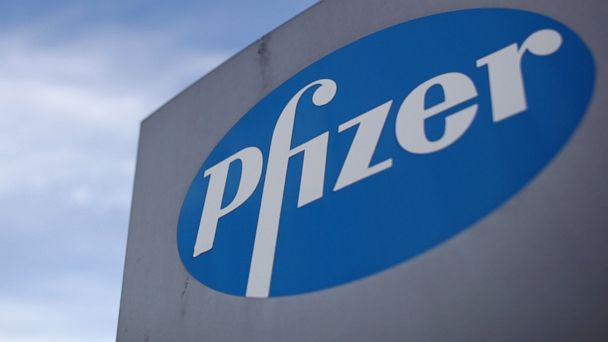Pharmaceuticals Still in Play With Pfizer's $100B Bid for AstraZeneca

(Image Credit: Dan Kitwood/Getty Images)
Deal-making in the pharmaceutical and health care industries is on the rise. The latest example is Pfizer Inc.'s offer to buy British-based AstraZeneca for nearly $100 billion. Astra shares jumped nearly 15 percent today and the company says the Pfizer bid is too low. The takeover proposal comes as drugmakers take advantage of lower interest rates in a spate of mergers and acquisitions. One such deal last week involved Novartis, which agreed to swap its vaccine business for GlaxoSmithKline's cancer drug unit and sold its veterinary drug arm to Eli Lilly.
Comcast plans to sell some cable systems to competitor Charter Communications to help its proposed purchase of Time Warner Cable clear regulatory hurdles. Comcast is also creating and spinning off a new publicly traded cable provider that will serve about 2.5 million of its existing customers. Charter will form a new holding company that will have an approximately 33 percent stake in the Comcast spinoff. Comcast's $45.2 billion bid in February topped Charter's offer for Time Warner Cable.
Every once in a while a book can change a market. It happened more than a decade ago when "Moneyball" looked at how rigorous statistical analysis could do a better job in forecasting player success than the traditional combined wisdom of coaches, managers, scouts and owners. Author Michael Lewis has now done it again with "Flash Boys," which claims that methods used by high-speed traders led to a rigged stock market. Today's New York Post reports that regulators from Financial Industry Regulatory Authority Inc. are investigating discount brokerage giant E*Trade's stock order executions. The private Wall Street regulator "is looking into whether its clients received the best pricing on their purchases," the Post says. FINRA apparently wants to learn how E*Trade priced and electronically routed customer orders to G1 Execution Services.
New research reveals sweeping changes for the U.S. housing market. Increasingly, Americans are moving away from suburbs into cities. While construction of single family homes is still well under half the numbers being built before 2008, many more apartment buildings are going up. Construction of apartment buildings with five or more units rose to the biggest share of overall construction since 1973, according to Census Bureau statistics.
Chinese censors have a problem with "The Big Bang Theory" and three other U.S. TV shows. But it's not clear why. The government's broadcast regulator issued a surprise order to online streaming companies to stop showing the sitcom, along with "The Good Wife," "NCIS" and "The Practice." "Give me back Sheldon," referring to the socially inept physicist on "The Big Bang Theory," was a popular refrain among social media users angry at the show's disappearance. Charles Zhang, CEO and founder of Chinese online video site Sohu, says he believes the sudden banning of the four U.S. TV shows "is a standalone event and it does not represent the policy trend or change toward American TV shows." Sohu, which was the first Chinese online video site to license U.S. TV shows, had rights to show two of the programs.
Richard Davies Business Correspondent ABC News Radio abcnews.com Twitter: daviesnow